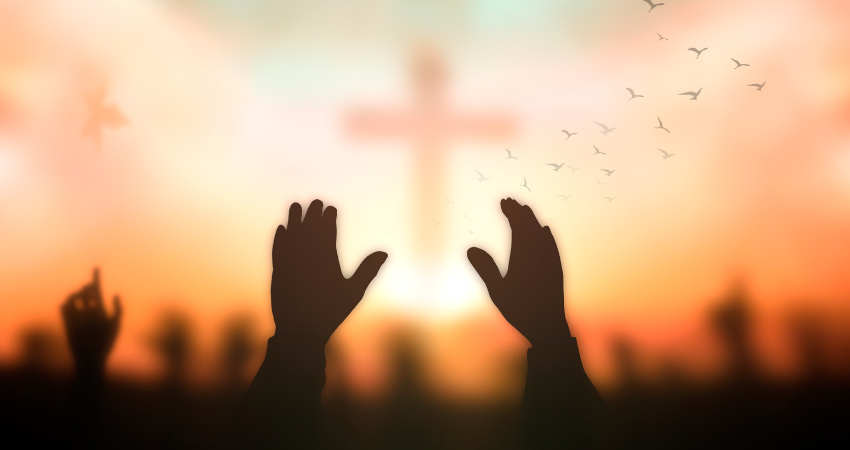It’s a bold statement to make that someone or something saved you.
I was listening to a friend talk about how at one stage of her life the faith that she grew up with no longer fit her. It had become like a weighted jacket that made her feel heavy and constrained. Instead of pointing to freedom and life it made her despair. She spoke about how she was tempted to give up on having any kind of faith – as so many do once they outgrow the faith that once nurtured them. Then she said “It was mysticism that saved me.” It resonated with me because I had said the exact same words to a friend a few weeks before.
Mysticism saved my faith.
The faith that I had grown up with was making less and less sense to me. I had so many questions and felt constrained by the supposed certainties of that faith. The boundaries of who was “in” and “out” of favour with God seemed to me too stringent. And I struggled to make sense of particular readings of scripture that reinforced that expression of the faith and excluded others – as though truth were only found in that particular brand of faith.
At one stage I dabbled in a kind of Pentecostalism. I wanted to explore the interstices of faith – what happens in the in-between spaces of spirituality and I was drawn to the wonder of living with eyes wide open to encounters with the Divine on a daily basis. But eventually that became for me what felt an immature way to live. In the brand of Pentecostalism that I was exploring there was a continual searching and grasping for the revelation of God in a tangible way moment by moment. That became a pressure for me as my moods went up and down according to whether I “felt God’s presence” or not. I felt worried and anxious when I didn’t feel God with me. There was very little emphasis on finding God in the difficulties of life. Those difficulties were to be prayed away and God was only found in the light and joy of reality. When so much of life is struggle, that didn’t make any sense to me if we are claiming that Creator God is everything and everywhere.
I discovered some time ago that there are so many variations within the Christian tradition. But many of those have been branded heretical or unorthodox by those who hold to a more narrow theology and practice. I still occasionally get tempted to feel like what I believe is heretical – voices that tell me that I have “wandered away from truth” and that the scriptures speak of such backsliders who God and the Christian community especially pity. I have also discovered that these expressions of Christian faith were not heretical at one stage and well practiced within various communities of the past until a particular time in history when alternate voices were shut down and only one story was seen as orthodox.
One of these traditions is the Christian mystic/contemplative tradition. This satisfied my desire for mystery, more relaxed boundaries and encounters with God that were found in the light and darkness of life. There was room for everyone not just those who believed a particular story within a story. Mysticism reminds me how complex truth and reality are. It encourages me to care for myself, others and nature. It keeps me accountable to community and service as well as seeking justice and mercy in the world. What I love is that there is a balance between action and contemplation – that we must look inwards for courage and honesty first, but we don’t stay there. That inner eye then turns outwards to engage in world repair with a sharp sense of what is ultimately important and what is not. Mysticism helps me to know how to be in a time when things seem so out of kilter in our world. But all this without creating yet another new set of inflexible rules and boundaries – instead with a focus on inclusivity and kindness.
You might be thinking “Why Christian mysticism?” I have thought about that quite a bit. There is so much truth in every mystical tradition whether Jewish (Kabbalah) , Muslim (Sufism) or other religions. I love learning from those traditions – there is such beauty there. I am still drawn to the essence of the Christian story outside all the institutionalism of the church- with a focus on a single person who loved deeply for the sake of ushering in a better way to be – a new world and the possibility of the restoration of all things. It’s a story that I continue to find compelling and beautiful. In a way, it is a very small, simple, odd story but that’s what I find so attractive. It’s something that I can attempt to imitate that can inspire me and propel me to live and act with love. I find life here.

What about you? If you have a faith and you have experienced changes in that faith what “saved” you? And if you don’t have a faith but once did (or maybe never have), what “saves” you today? I’d love to know and learn from you.
Rev. Dr Karina Kreminski, Mission Catalyst – Formation and Fresh Expressions, Uniting Mission and Education. Karina also blogs at An Ordinary Mystic





